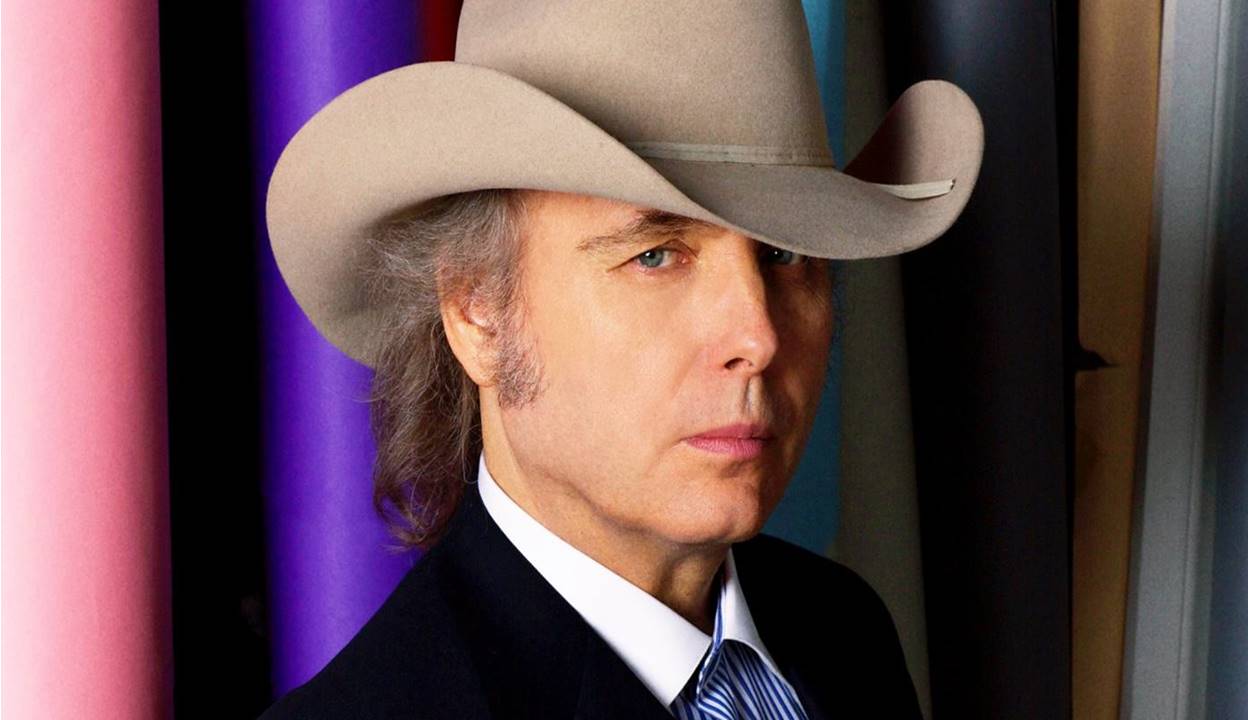
A Ghostly Ballad of Devotion That Outlives the Flesh
When Dwight Yoakam released “Johnson’s Love” on his 1986 debut album Guitars, Cadillacs, Etc., Etc., he was already carving a singular space in country music—a revivalist steeped in Bakersfield grit yet unafraid of haunting vulnerability. Though not a chart-topping single like some of his later work, the song quickly became one of those quietly devastating deep cuts that seasoned listeners treasure: an elegy whispered through a dust storm, its power magnified by restraint. Within the broader success of the album—which peaked at No. 1 on the Billboard Top Country Albums chart and announced Yoakam as both heir and innovator—“Johnson’s Love” stands as a testament to how narrative balladry can sound timeless even amid the neon shimmer of mid‑’80s Nashville.
The story it tells is pure American gothic: a man so bound to his beloved that death itself cannot sever the tie. In this spectral tale, love transcends mortality, echoing through an empty farmhouse and a heart that refuses to yield to silence. Yoakam channels an older tradition here—the tragic ballads of Appalachia, where passion and loss dance together under moonlight—and filters it through his California‑by‑Kentucky sensibility. The result is a song suspended between honky‑tonk realism and ghost story, between the corporeal and the eternal.
Musically, “Johnson’s Love” is a masterclass in subtle atmosphere. The instrumentation is spare yet enveloping: reverb‑kissed guitars gliding over a slow shuffle rhythm that feels like the heartbeat of memory itself. The arrangement leaves room for Yoakam’s voice—nasal yet tender, trembling at the edges—to inhabit every syllable with aching sincerity. He doesn’t perform grief; he inhabits it, making Johnson’s devotion something tactile, almost visible in the air. Each note feels like candlelight flickering across an old photograph.
Lyrically, Yoakam crafts imagery that blurs time: we see love letters yellowing in drawers, footsteps echoing in an empty house, perhaps even a phantom figure wandering fields where promises once bloomed. It’s a meditation on fidelity beyond reason, a suggestion that true love doesn’t simply end but lingers, reshaping itself into myth. The way Yoakam tells it, love becomes a haunting—not malevolent but deeply human, an echo refusing extinction. In this sense, “Johnson’s Love” belongs to a lineage stretching back to the Carter Family and Hank Williams Sr., where loneliness is both wound and worship.
Nearly four decades on, the song remains one of Yoakam’s most affecting narratives—a reminder that country music’s truest power lies not in gloss or swagger but in its ability to render heartbreak sacred. “Johnson’s Love” endures because it confronts an eternal truth: that devotion, once kindled, can illuminate even the dark rooms of loss long after the last chord fades.